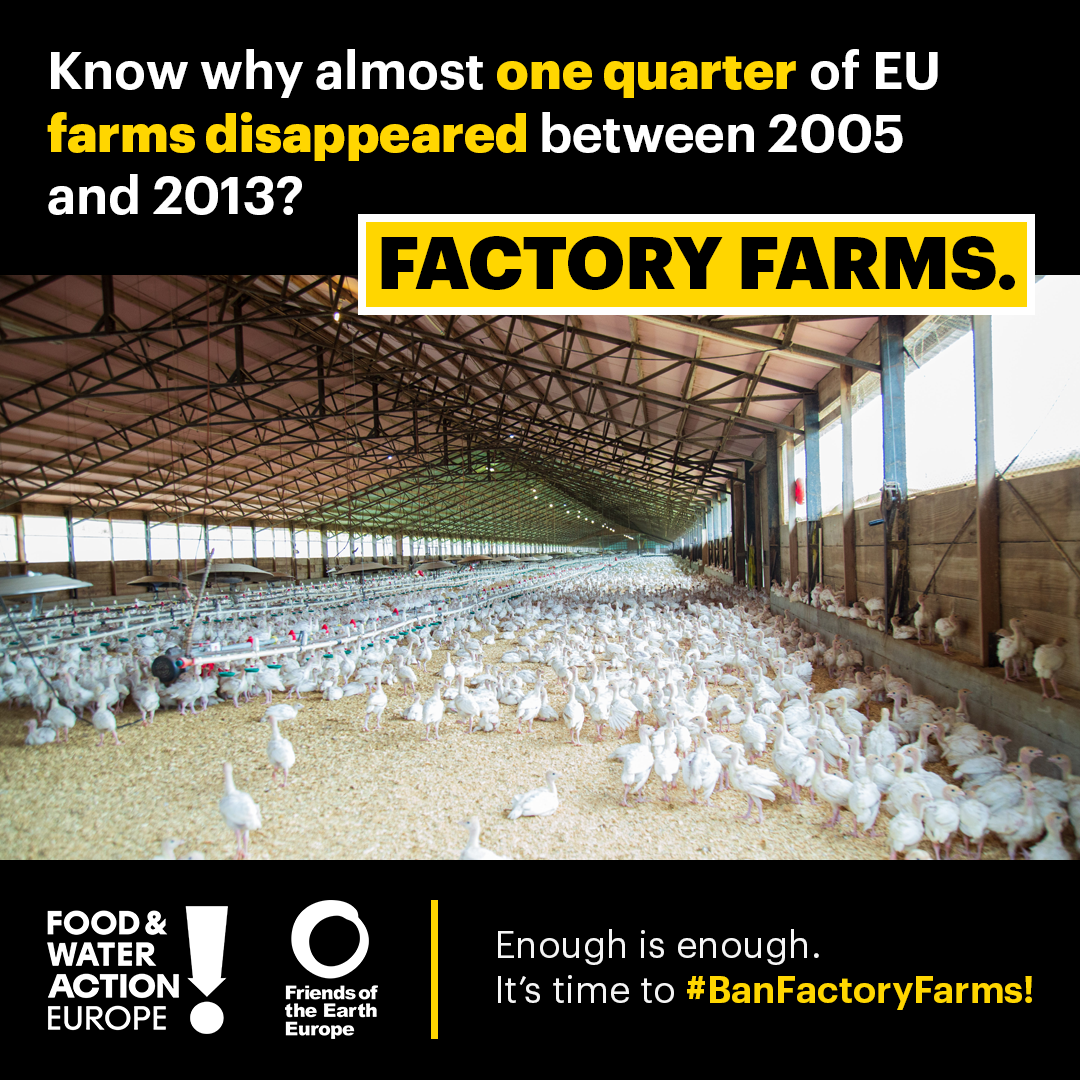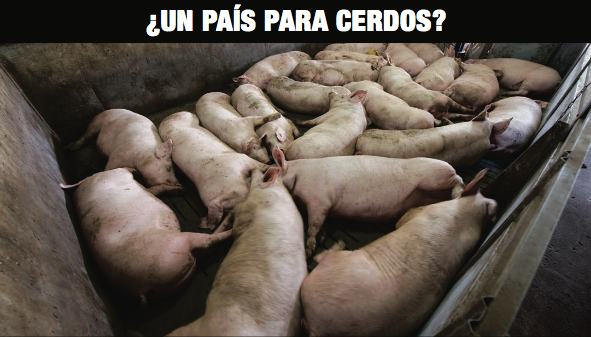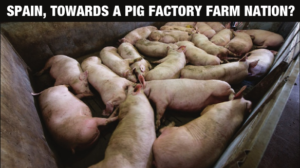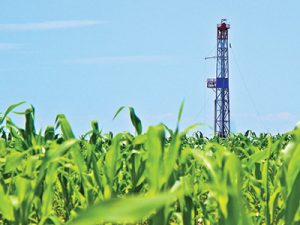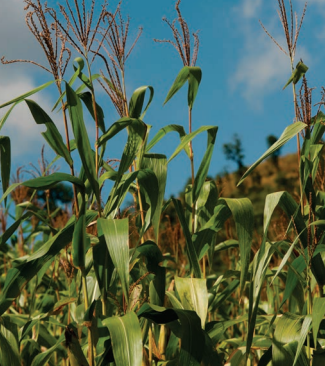10 Reasons why hydrogen is a problem
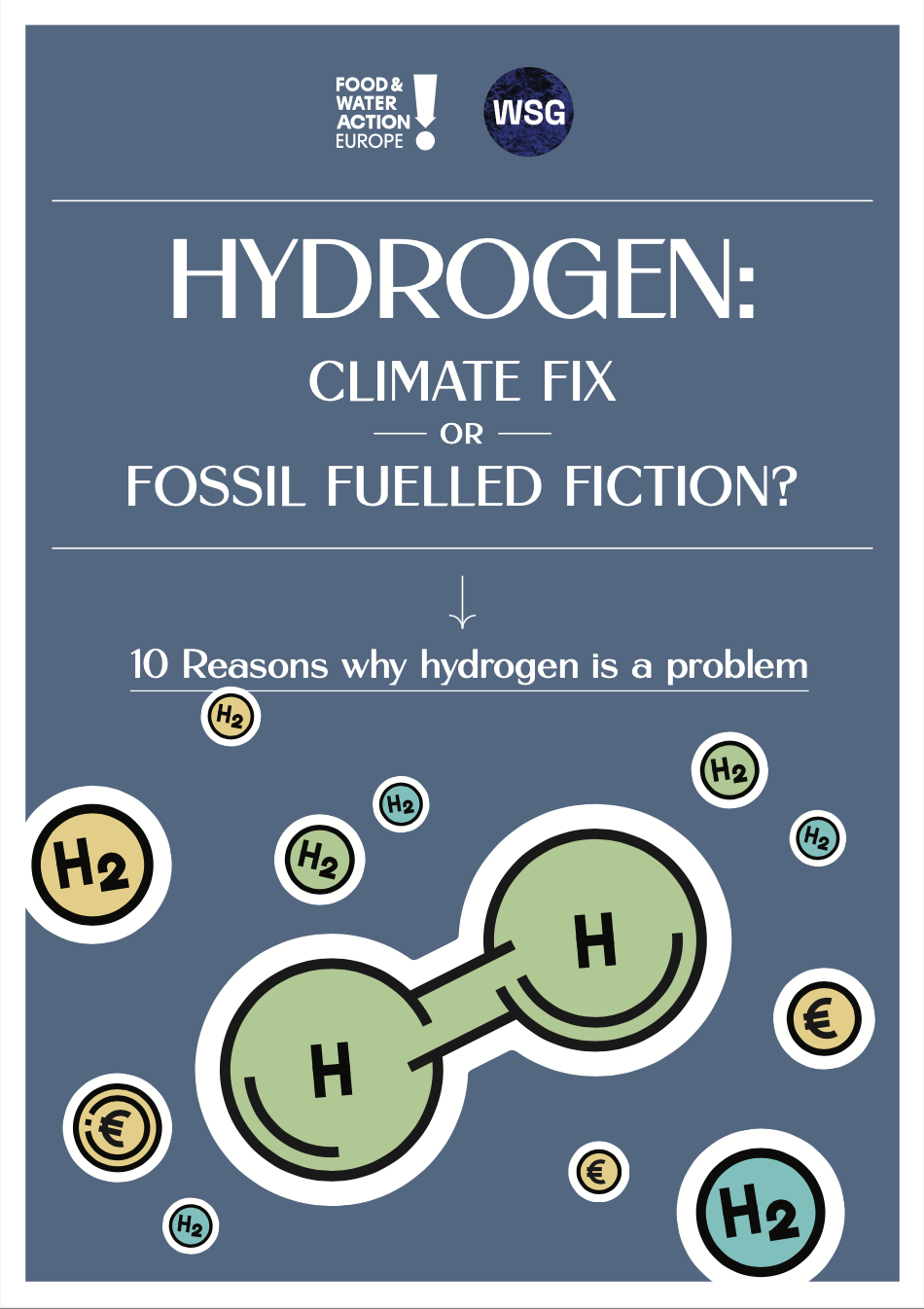
The aim of this briefing is to offer a clear and concise explanation of why hydrogen, regardless of how it is made, can create more problems than solutions for people and the planet. We have identified 10 key reasons that show why hydrogen poses serious climate, environmental and social justice risks.
The briefing highlights the problems with Europe’s move towards a hydrogen economy.
It shows how hydrogen, today largely made from fossil ‘natural’ gas, can be a safety hazard and a leaky climate issue.
While limited amounts of hydrogen might be needed in the future, the briefing shows how ‘green’ hydrogen could come with a troublesome track-record of land and resource-grabbing, unneeded infrastructure build-out, high energy bills and neocolonial practices that ultimately distract from urgently needed real solutions.
The briefing is a collection of easy-to-understand facts around hydrogen in the face of an oversized hydrogen boom fuelled by fossil fuel industry interests.
Want a sneak peek into the briefing? Here are the topics it adresses in 10 short chapters:
- The Hydrogen Hype Hides a Greenwashing Scam
- Hydrogen Infrastructure Could Become a Cash Cow for the Fossil Fuel Industry
- Hydrogen Is Dangerous
- Hydrogen Is a Climate Hazard
- Hydrogen Has Negative Impacts on Natural Resources
- Hydrogen Worsens the Neocolonial Dynamics of Our Current Energy System
- Hydrogen Is an Uncertain Bet That Could Ultimately Benefit Polluters
- Hydrogen Is Expensive
- Hydrogen Is Linked to Dirty Fossil Fertilizers
- Hydrogen Distracts From Real Solutions



